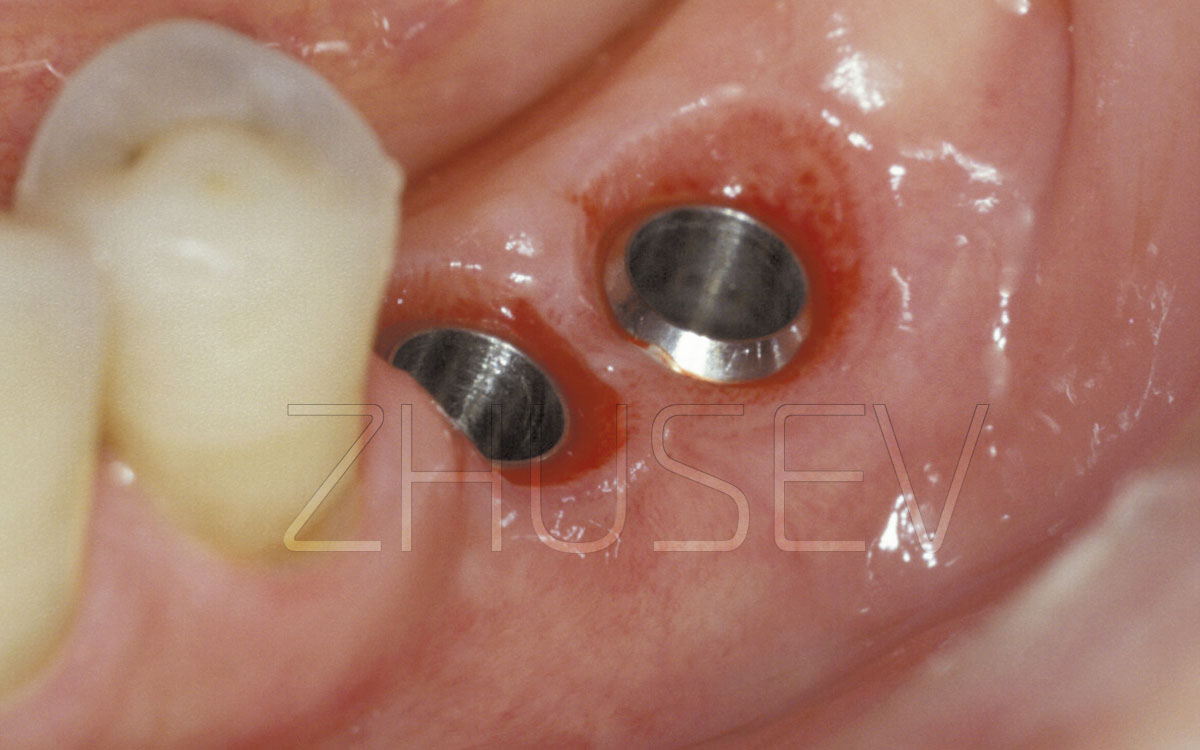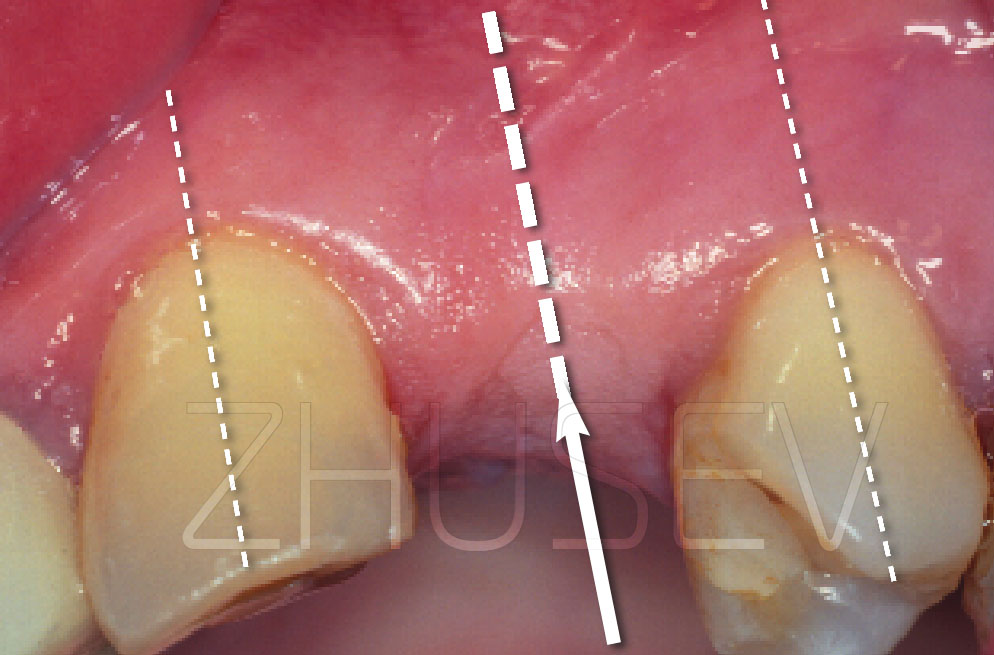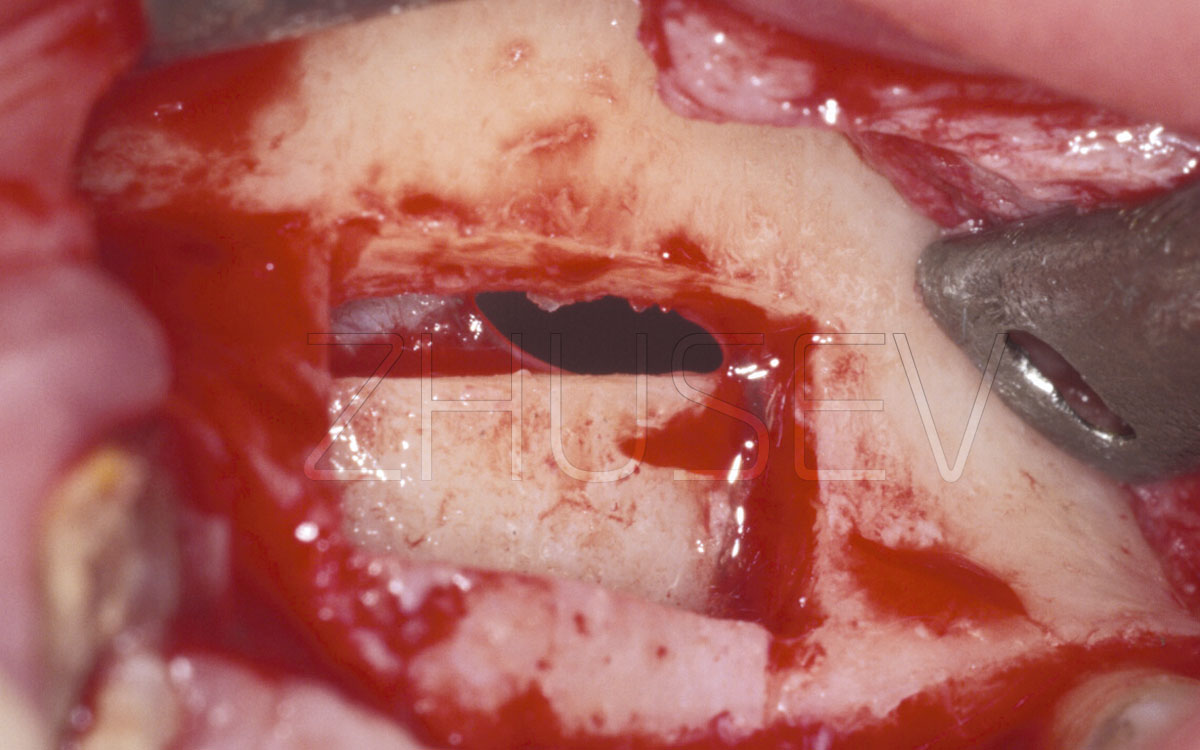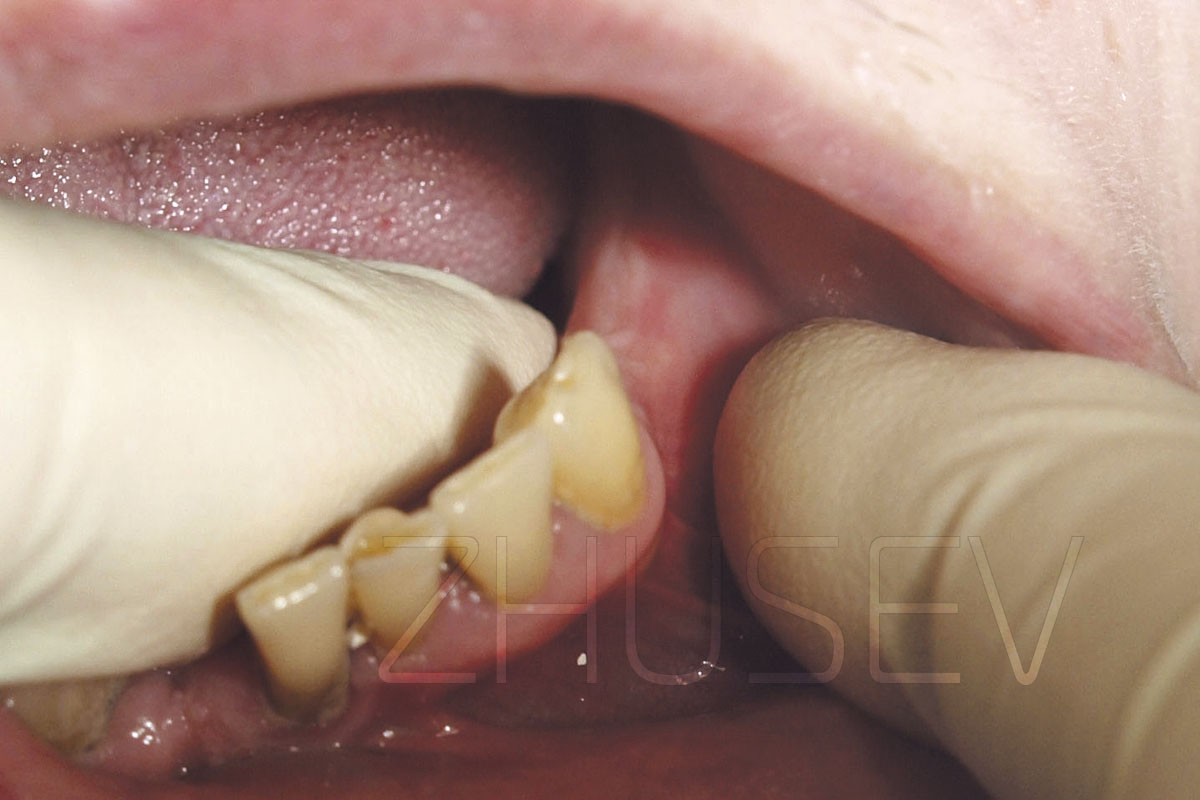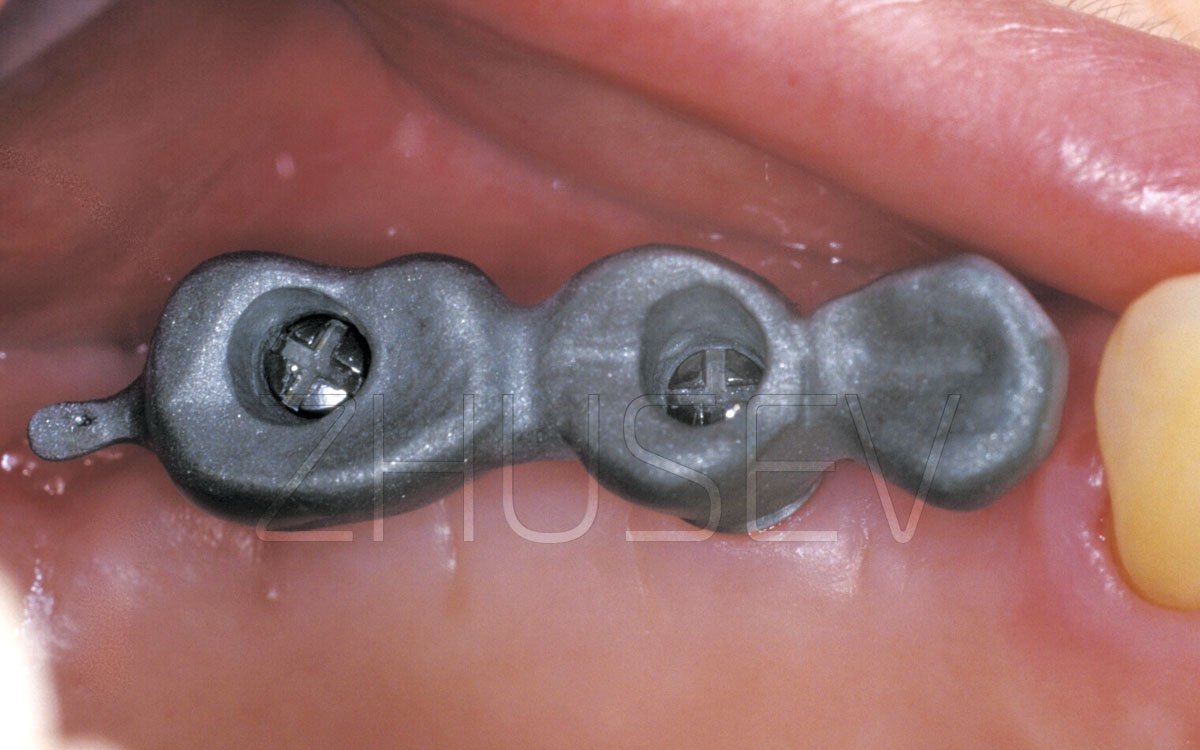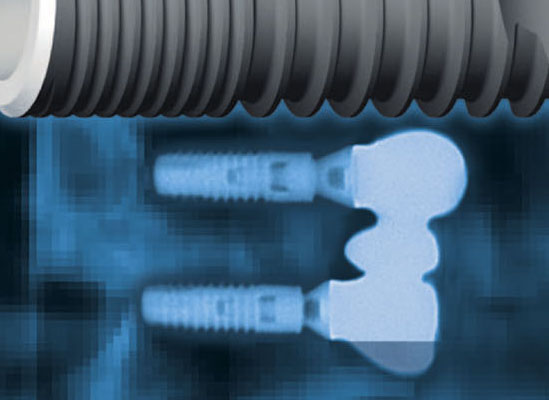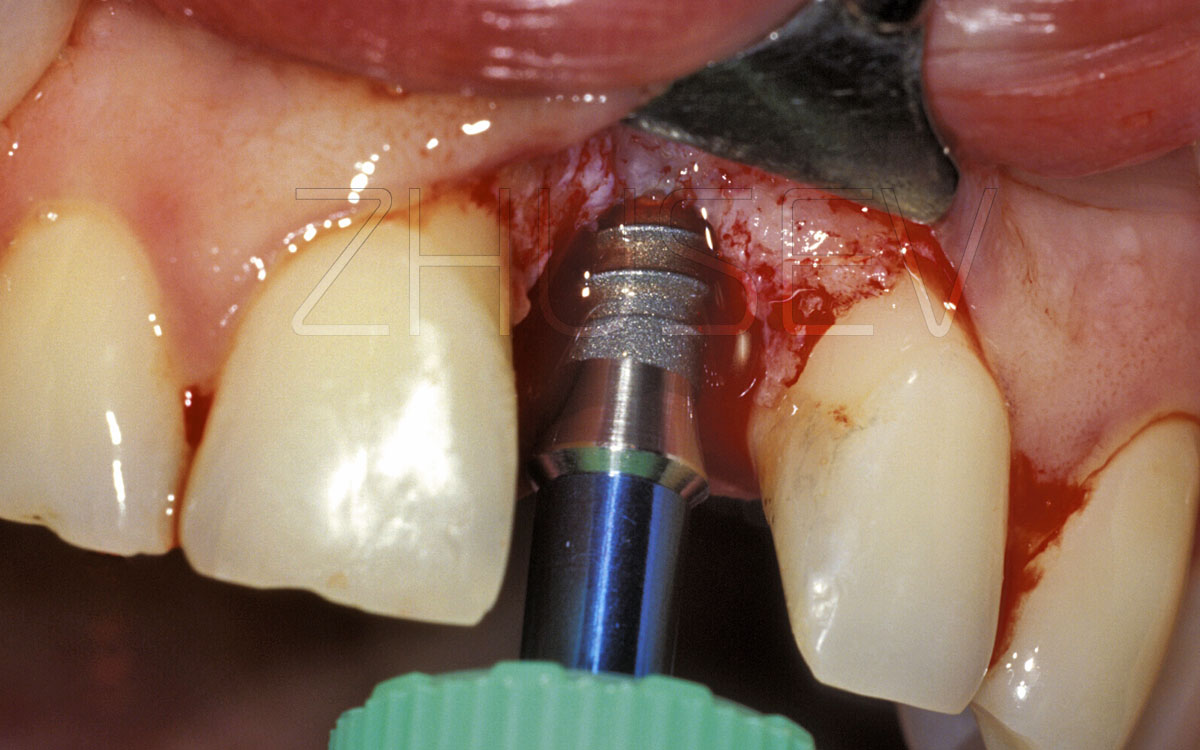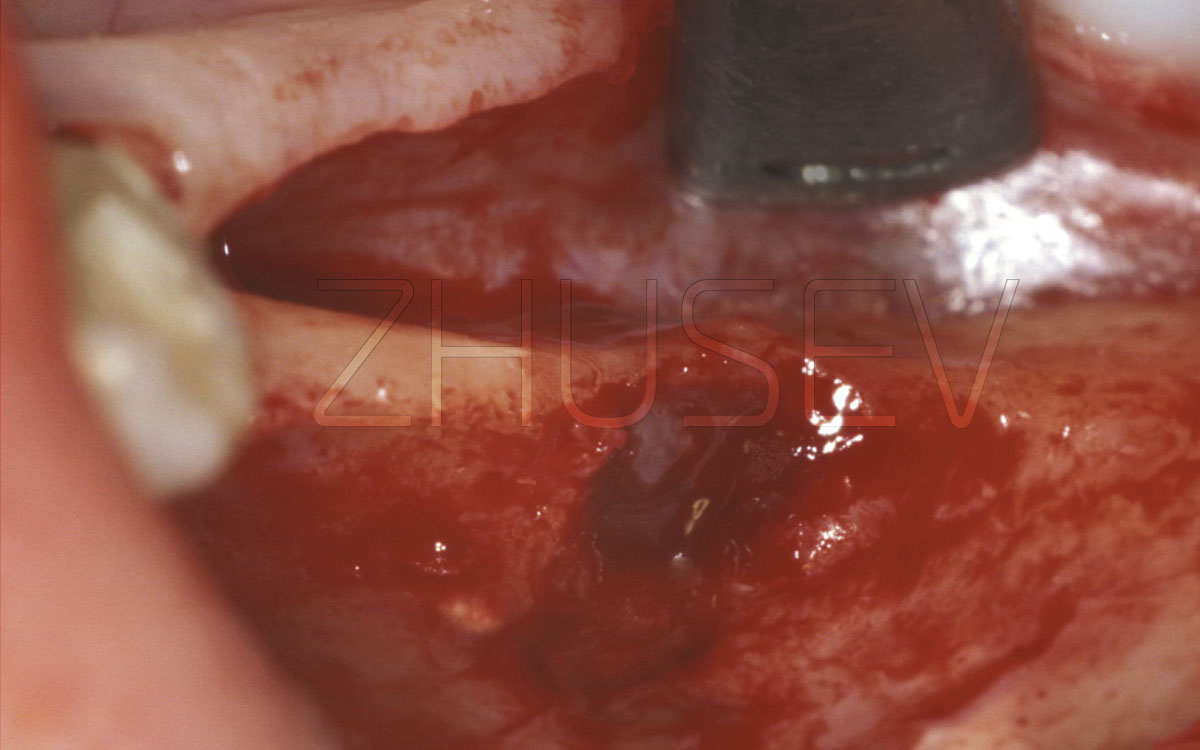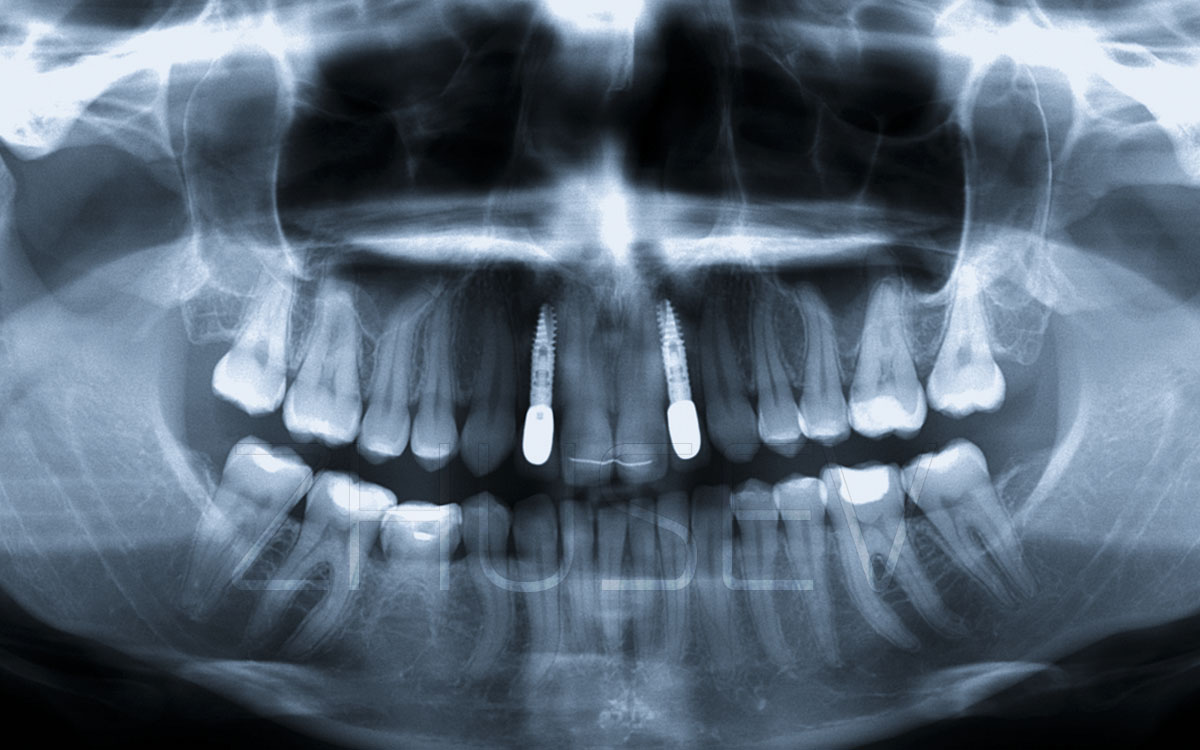It is very difficult to specify problems of this period because you can’t see them immediately, they will tell during the operation, prosthetic procedure or later.
Let’s discuss how to avoid them.
Firstly, decide (preferably with the orthopedist and the dental technician) whether it’s “your” patient and whether you can manage the procedure.
Secondly, write down all the stages of the forthcoming surgery step by step, specifying all the necessary instruments. Then read all the steps and visualize their performance. At most important points imagine what you would do if something went wrong. For example, you’ve dropped the drill (screwdriver), or after lifting mucoperiosteal flaps discovered that it is necessary to add osteoplastic material or use a membrane. Imagine what you would do in such a case. It may seem too much, but believe me it isn't. You’d better have a spare sterile implantation kit at hand (or at least the main tools) and an assortment of implants of different length and diameter, osteoplastic material, membranes, bone mini- and micro-screws, etc.
Thirdly, remember about such “trifles” as prescribing antibiotics before the surgery, availability of ice and saline solution in the refrigerator, besides check the first-aid kit (God forbid!).
